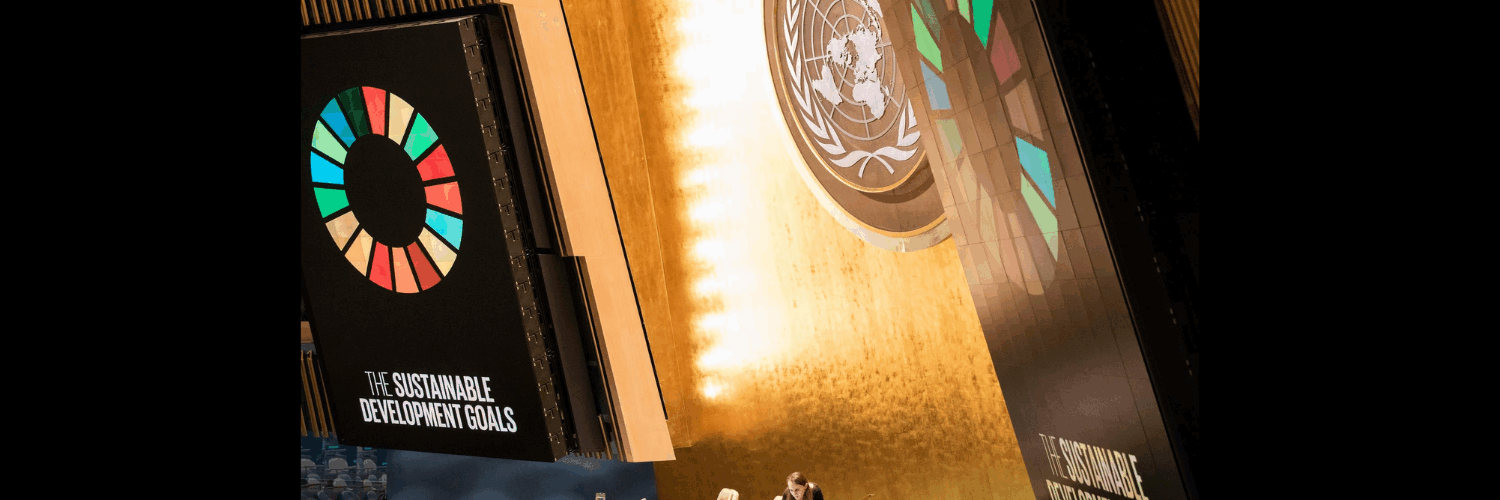NEW YORK, July 25 (C-Fam) U.S. President Donald Trump’s war against DEI and gender ideology is gaining adherents, wearing down international opponents, and causing cracks to show in the EU coalition.
The Trump administration voted against a major UN development agreement on the grounds that it promoted a “soft form of global government” and that this was “inconsistent with sovereignty.” The administration also objected to “radical abortion policies”, gender ideology, and DEI language in the agreement.
It is only the second time that the Ministerial Declaration of the annual High Level Political Forum on Sustainable Development (HLPF) was put to a vote. The first was in 2018, also by request of the U.S. When delegations heard that the U.S. would call for a vote again it sent shockwaves through the UN system.
The Trump administration proposed to delete paragraphs in the agreement with language on “sexual and reproductive health” and “intersecting forms of discrimination” which UN agencies use to promote abortion rights, DEI policies, and gender ideology, including cross-hormone treatments and transgender surgeries for children.
The U.S. did not prevail on any amendments. A surprising number of delegations, however, supported U.S. concerns on the social issues, specifically, UN interference in internal affairs to promote gender ideology, abortion rights, and DEI policies.
Over twenty countries expressed reservations about “intersectionality” policies, gender ideology, or abortion language in the agreement and over forty countries abstained in votes related to these issues. Surprisingly, an Italian delegate spoke against “intersectional” approaches in UN policy. She called them “inconsistent” and “difficult to prove.” It was the first time the government of Italy broke with the EU position of supporting such policies.
This indicates that there is a growing number of countries that are open to pushing back the UN system when it comes to social issues. If the Trump administration can marshal the vast resources of the U.S. State Department, it could mount a serious UN reform effort based on these controversial areas.
The vote ended any hope by U.S. career diplomats that the Trump administration would be as inconsistent in its positions at the United Nations as it was in the first term. Excessive reliance on them blunted any attempt to reform UN entities and policies in the first Trump term. This time, career diplomats are being instructed to take strong reformist positions, and there doesn’t seem to be room for discretion. Calling a vote on the HLPF declaration was such a moment and globalists and social progressives were undoubtedly scared.
The President of the Economic and Social Council, where the debate took place, the Canadian Bob Rae, tried to make light of the situation. He said that a fractious adoption process for the agreement should not be a surprise to anyone. “That’s to be expected in times like this,” he said, in a sarcastic remark directed at the administration of U.S. President Donald Trump.
Rae also openly made fun of delegations who agreed with the U.S. objections to controversial terms. After several delegations asked for their statements to be placed on the record of the meeting Rae said derisively, “All the statements will be recorded. Not to worry.”
View online at: https://c-fam.org/friday_fax/trump-cracks-eu-bloc-with-war-on-dei-and-gender-ideology/
© 2026 C-Fam (Center for Family & Human Rights).
Permission granted for unlimited use. Credit required.
www.c-fam.org









